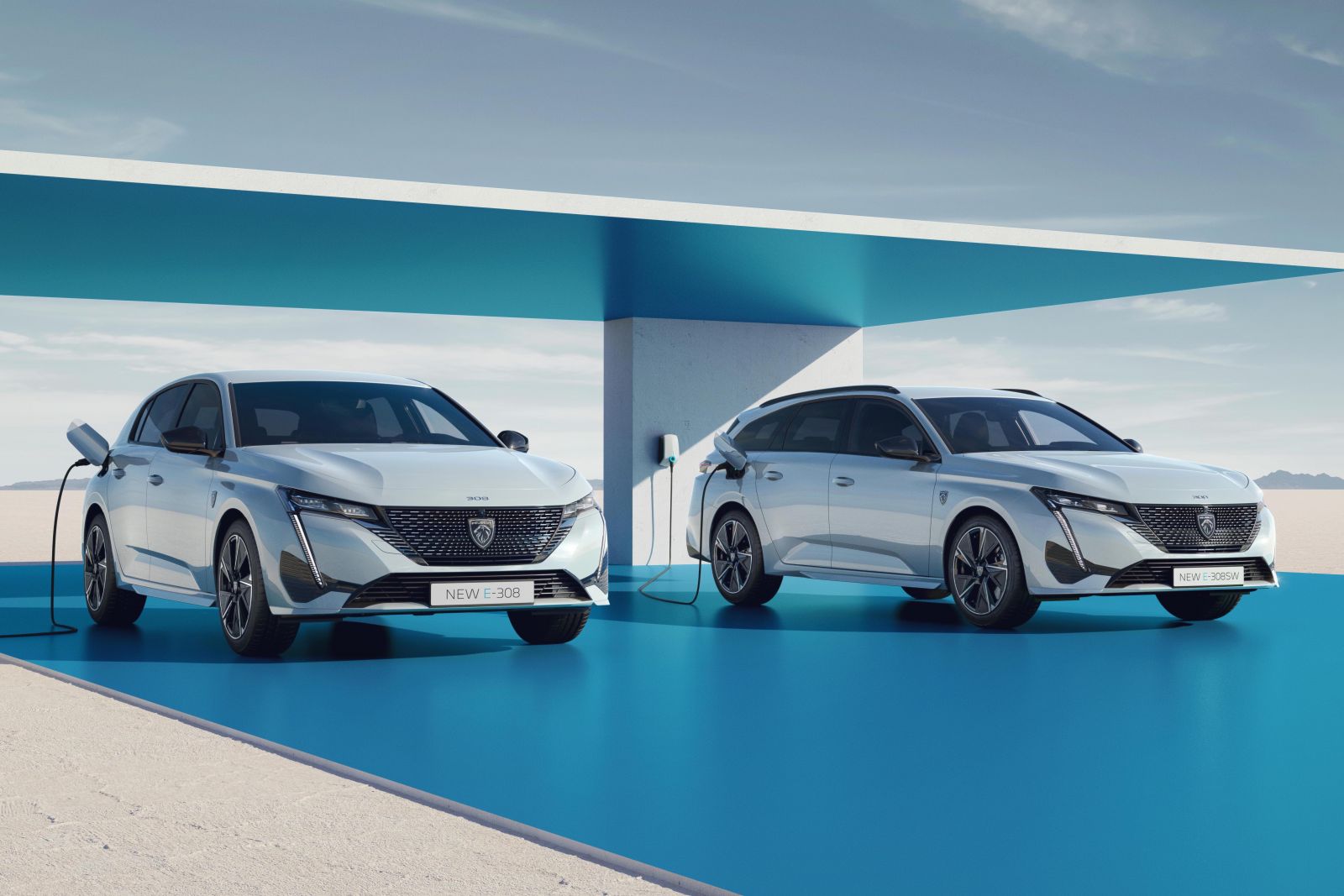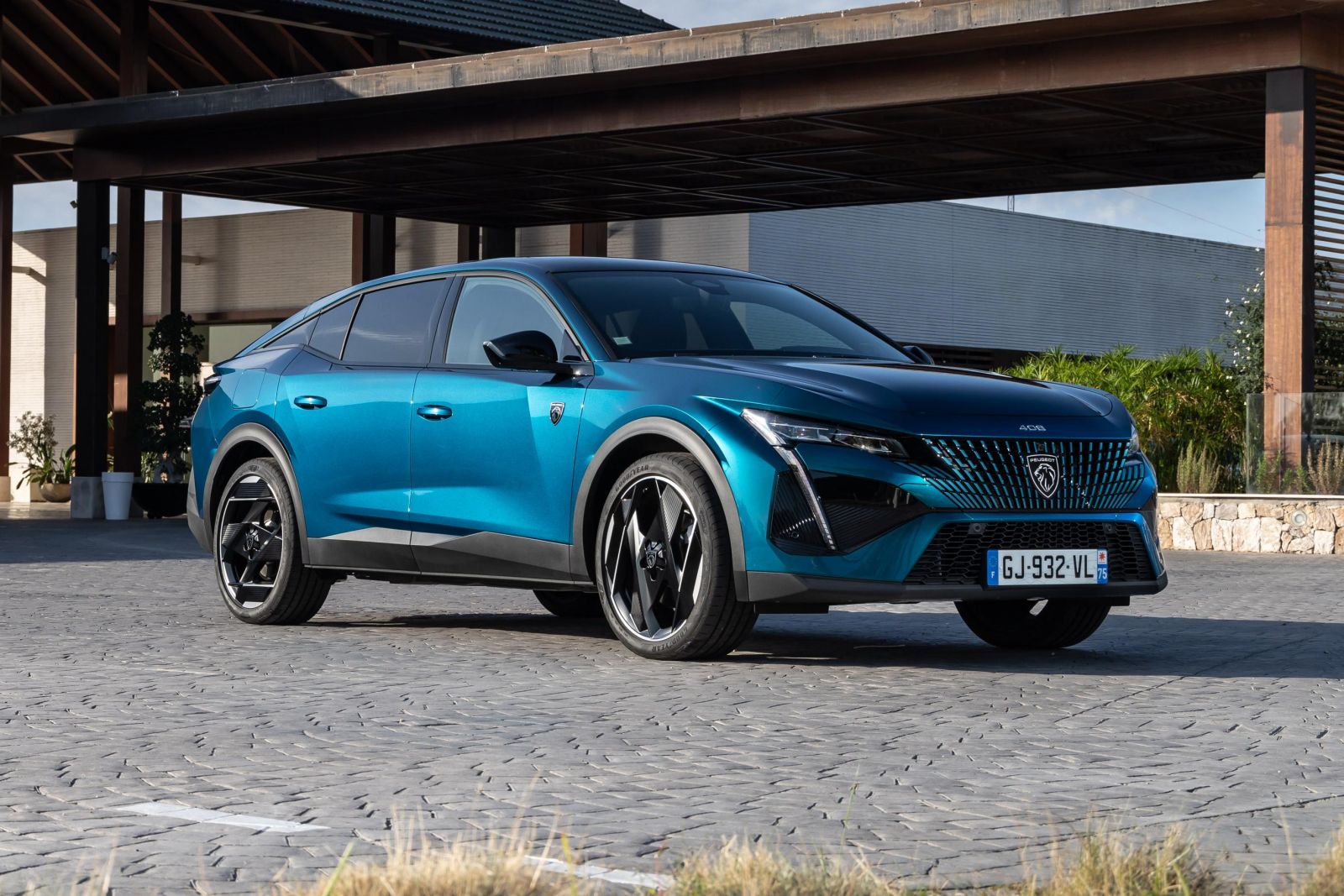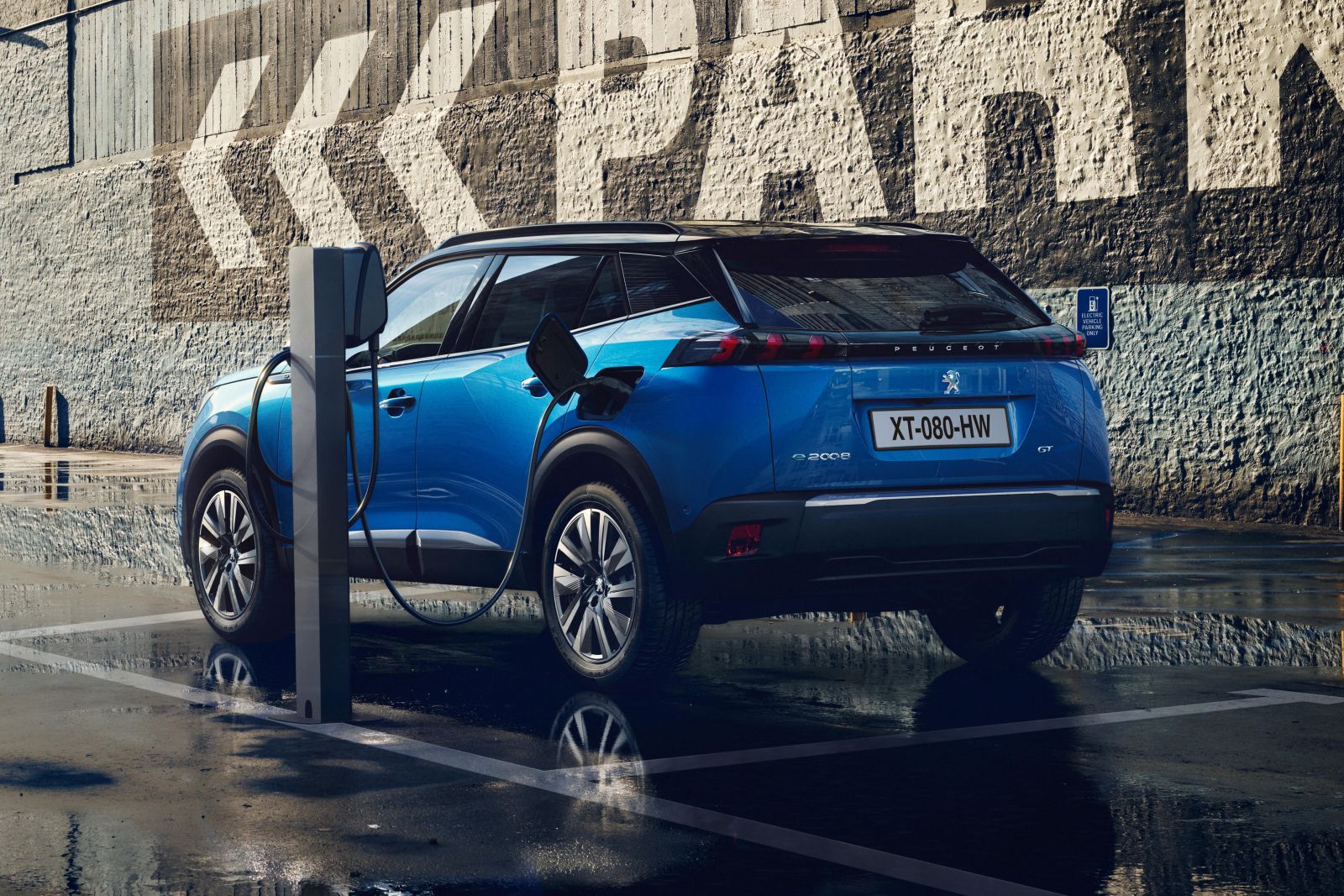Peugeot has laid out its electrification and sustainability plans, which include five new electric vehicles by 2025 and improved mild-hybrid technology.
Every model in the French brand’s line-up will be electrified this year, and by 2025 every model will have an electric option. Peugeot will cease sales of combustion-powered vehicles in Europe from 2030.
The new EVs coming in the next two years, at least in the European market, will be the previously revealed E-308 and E-308 SW wagon, as well as the E-408, E-3008 and E-5008.
The E-3008 will be revealed in the second half of 2023 and will have up to 700km of range, with a choice of three powertrains including a dual-motor all-wheel-drive option.
It will be the first vehicle launched on the STLA Medium platform, which parent company Stellantis has previously confirmed will feature electric motors each with between 125kW and 330kW of power.
The E-3008 will be followed by the E-5008 shortly after, suggesting the next-generation models will mirror the current models’ relationship; the 5008 is a longer, boxier version of the 3008 with a third row of seating.
The E-308 and E-308 SW will use a new electric motor with 115kW of power and WLTP range of over 400km, as well as average energy consumption of 12.7kWh/100km.
Peugeot released a teaser of its new-generation EVs, which take cues from the Inception concept revealed in January.
These include signature three-claw headlights, new proportions and geometric styling which give the models what Peugeot describes as a ‘feline posture’.
The teaser image is heavily stylised but appears to depict four passenger cars and three SUVs.
Peugeot’s upcoming EVs will also feature the next generation of the brand’s i-Cockpit, with a new human-machine interface. It’s set to debut in 2026.
The brand also says it is addressing the rising cost of living for its customers by rolling out pay-as-you-go and monthly all-inclusive payments to reduce the barrier to entry to EV ownership.
In addition to the new EVs, Peugeot is introducing a new 48V mild-hybrid system, which mates either a 74kW or 101kW PureTech petrol engine with a 21kW electric motor and a six-speed electrified dual-clutch gearbox.
The company claims this mild-hybrid system offers increased low-end torque and a 15 per cent reduction in fuel consumption, with a mid-sized crossover using the system capable of operating more than 50 per cent of the time in zero-emission electric mode in urban driving.
The brand has committed to achieving carbon net zero by 2038 and aims to do so by addressing its sourcing and supply chain.
It’s looking at the materials it uses in its vehicles, increasing not only the use of recycled materials like alloy wheels, but also employing lightweight seats and reducing the amount of chrome.
Peugeot is also looking at the lifecycle of its vehicles, suggesting buyers could be able to refurbish trim and upholstery after purchasing the vehicle.
In Australia, Peugeot has confirmed that the first EV introduced to the market will be a commercial vehicle and has hinted that it will be followed by the e-208 and e-2008.
While Peugeot has clearly outlined its plan to swiftly transition to an electric brand in Europe, it has yet to detail how it plans to markets like Australia, Africa, and Latin America, where EV uptake is slower.




